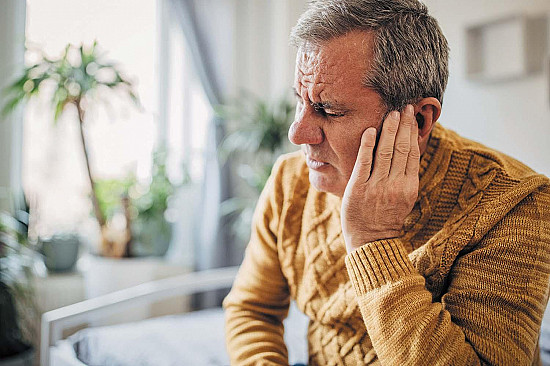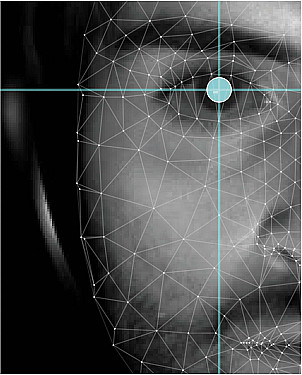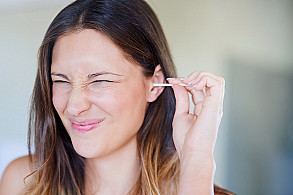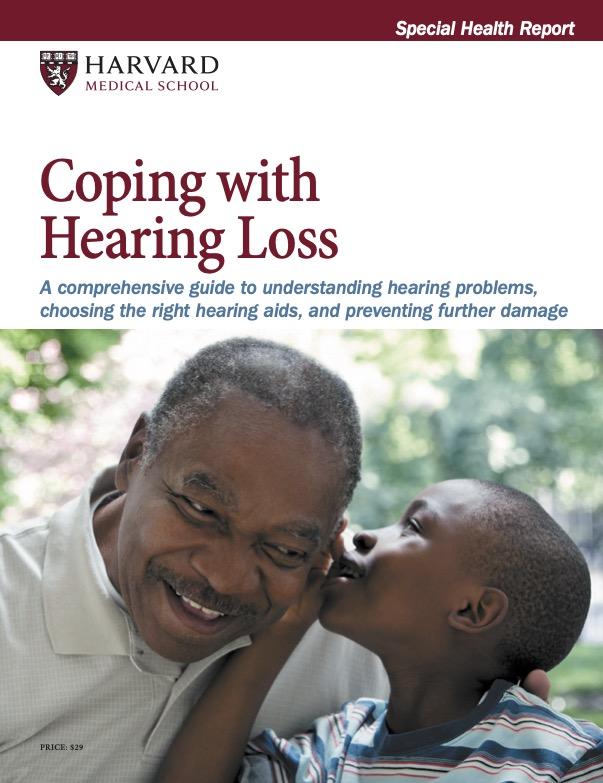Progress toward over-the-counter hearing aids
News briefs
This may be the year that safe, inexpensive over-the-counter (OTC) hearing aids become available. In 2017, Congress passed a law directing the FDA to come up with a new category of hearing aids requiring special regulations and FDA approval. These hearing aids would be available from any seller, without doctor appointments or fittings, and sold at a fraction of the typical cost — about $600 per pair instead of the average $5,000 (which includes fittings and follow-up services). Just one problem: the FDA missed the August 2020 deadline to come up with safety and labeling rules. In October 2021, the FDA moved forward and issued proposed rules for the OTC category. Approval is expected sometime this year. When will the devices appear? "Manufacturers are already creating self-fit OTC devices and business models, and they're using the proposed regulations to fine-tune devices. We expect they'll launch shortly after regulations are finalized," says Meaghan Reed, director of clinical audiology at Massachusetts Eye and Ear. OTC devices will have the same fundamental technology as traditional hearing aids, and they'll be targeted to people with perceived mild-to-moderate hearing loss. "If you know you only need amplification, the devices might be right for you," Reed says. "But if you're not sure what's causing your hearing loss, we still advise that you get an evaluation so an underlying condition won't go undiagnosed."
Image: Gannet77/Getty Images
About the Author

Heidi Godman, Managing Director
Disclaimer:
As a service to our readers, Harvard Health Publishing provides access to our library of archived content. Please note the date of last review or update on all articles.
No content on this site, regardless of date, should ever be used as a substitute for direct medical advice from your doctor or other qualified clinician.

















